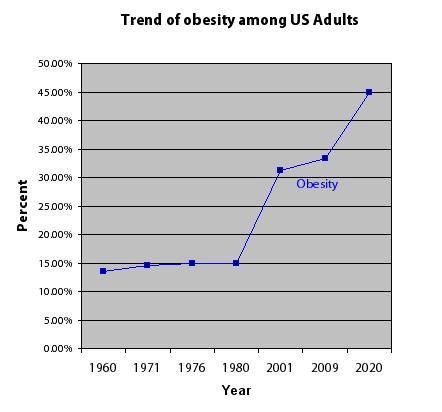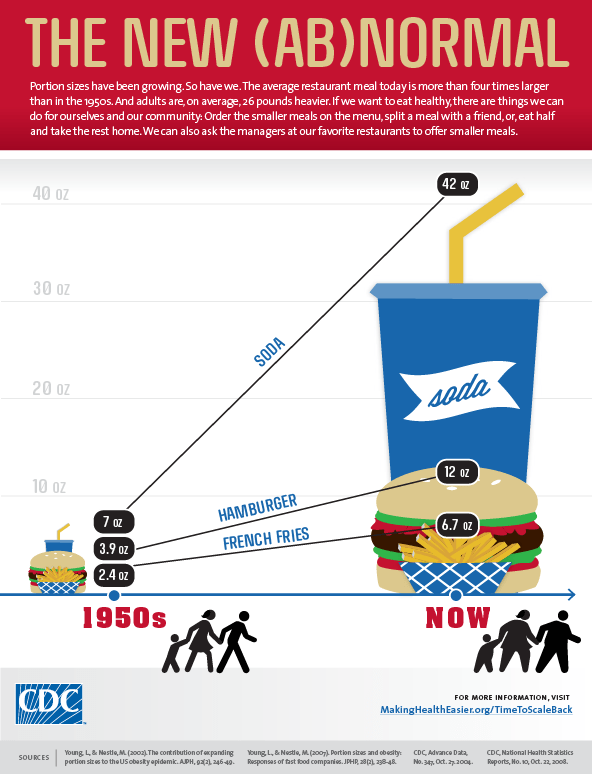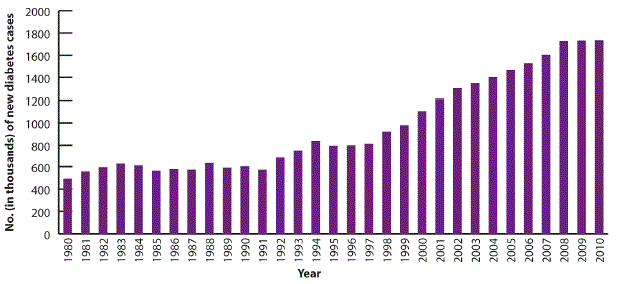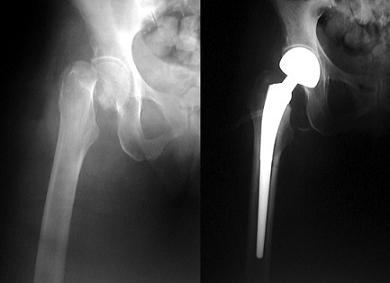When people are passionate about things, they tend to get very defensive. Question someone’s child, and they are bound to get upset in a hurry. I certainly do! So why is it people get so defensive when you start explaining the Paleo diet to them?
Today I saw a lady at my office. Fairly typical middle-aged, over weight female with poorly controlled diabetes. She recently started on an insulin pump but her glucose control is no better at all. I had a suspicion why, and again started to question the details of what she eats. Of course, she eats carb after carb after carb. Whole wheat this, and low fat that. She has tried to cut the carbs in the past, and actually had pretty decent success, but quickly falls back into your carbilicious ways. Why? Why go back when a change in diet shows clear improvement in her sugars?
Another gentleman today saw me for his second visit with me. He changed from another physician because he heard I was good at treating diabetes, and felt his prior physician was not doing a good job. During his first visit he explained what he was looking for; excellent sugars with minimal medications, and to be able to eat what he wants. No problem right?! Over around 20 minutes I proceeded to deflate his balloon to the point it may have actually been a black hole by the end of the visit. He was very frustrated because his sugars were regularly bottoming out, yet his Hemoglobin A1C (90 day sugar average we use to direct care of diabetics) was still too high. He was essentially convinced that the labs were repeatedly wrong. He swore his sugars were always “around 100.” So, luckily for me, and unluckily for him, I did a 72 Hour Glucose monitor on him. This is a device that is connected to your belly via a microscopic fiber, and it checks your glucose every 5 minutes for 72 hours. What did we find? For three days in a row the pattern was clear… Every evening his sugar shot up around 7:30 like one of the Blue Angels during an air show. It would hover around 400 a few hours, then slowly drop overnight. In the morning, as he would typically skip breakfast it would plummet. By noon he would eat a “sandwich and chips” and it would shoot up to around 300 for a few hours before things started again before dinner. So, clearly his prior physician was doing a terrible job (insert sarcasm here) and all I had to do was change a few things up and it would be ok!
On todays visit we reviewed the 72 hour glucose monitor, and I broke it down for him that if HE wanted to control his sugars we could do it, but HE would have to make some significant changes. What kind of changes? Changes of OMISSION. I started to tell him the typical Paleo diet rules…and he became, you guessed it, very defensive. “But how do I eat a sandwich???….”
I would love someone to please answer this question for me; What is so terribly crazy about the Paleo Diet? You hear it talked about on the news and they make it sound so revolutionary or “different.”. Simply stated, Paleo is not about what you eat, it’s about what you DON’T eat. The Paleo diet does not ADD anything to your diet that is out of the ordinary, extremely controversial, or generally crazy. Even the devil that is an egg is getting off the hot seat lately. All it truly does is OMIT certain things from your diet. But not all diets of omission are so highly scrutinized. Remove meat and become a Vegan and it’s “chic and trendy,” cut out carbs and it’s reckless and dangerous! Give me a break! So why is it so crazy? Why are people so, and I mean this literally, offended by the notion of changing to a Paleo lifestyle? It’s because they are passionate about their carbs…
People are addicted to carbs. Tell a heroin addict you are going to take away their heroin, and they get very defensive. Tell a carb addict you are going to take away their pasta Primavera and it’s time to break it down Bruce Lee style. Let’s look at this simply, eating Paleo allows you to eat meat, vegetables, fruit, eggs, and nuts. All these are 100% natural, nothing fancy here. Please, how is this dangerous or controversial? The extra meat you eat to replace the pasta is dangerous? “But there is no data that so much meat is good for you…” Well guess what, there is plenty of data that too much pasta is BAD for you. Want data? Talk to my two patients above. They both love pasta, and they are both diabetics in their 50’s who keep eating pasta and can’t control their blood sugars.
Can meat hurt you? Can vegetables hurt you? Can fruit hurt you? Can eggs hurt you? Can nuts hurt you? Barring actual allergies, I say the answers are no.
Ok, let’s look at the other side. Can dairy hurt you? Can grains hurt you? Can sugar hurt you? Can artificial crap hurt you? I’m going to go with yes on these, and there is science to prove it. (See rising rates of diabetes, lactose intolerance, fatty liver, cancer, auto-immune disease etc, etc)
So, what is Paleo truly guilty of? In my opinion, it is guilty of exposing people for what they are…carbohydrate addicts. It can’t possibly be guilty of making people eat un-natural foods, or unrecognizable concoctions companies sells as “food.” It’s not a fad diet, as fads make you eat things that come in and out of style. What is a fad anyway? It is defined as: an intense and widely shared enthusiasm for something, especially one that is short-lived and without basis in the object’s qualities; a craze. Last I checked meat, vegetables, fruit, eggs, and nuts have been around a long time. Probably a little longer than a tortilla chip or fat-free cheese. A rice cake…now that was a fad!
What do addicts do? They generally know what they do is bad for them, and they have periods of clarity where they do better. Eventually though, the pull of their drug of choice draws them back in. Or, they slip up and use just a little and BAM…right back to square one. They feel shame for their addiction, people look down upon them for it, and they wish so badly they could make a permanent change, but they always fall back into old habits. Now, imagine a heroin addict who is advised to control the addiction by sticking with “moderation” because of course, everything is good in moderation right?
Sadly, if you insert carbs as the addiction in this scenario, you might as well see pictures of my two patients above. They literally can’t imagine life without eating their daily carbohydrates. There is real fear and confusion when I try to take away what makes them feel best. Heroin is clearly bad for you, but a loaf of french bread or rice and gravy certainly can’t fit in the same category can they? Well they certainly are not as ACUTELY dangerous for you, but a long-standing addiction to carbs lead to the same result as any other addiction. Without the same pattern of addiction is there regardless of the “drug” of choice.
What’s worst than that? Diabetics are told to control their sugars by using the very carbs they are addicted to in “moderation”…and somehow we are surprised that they can’t stop over eating carbs. As the Hartwig’s in their book It Starts With Food label it, OVER-carbsumption. Paleo simply OMITs the drug…and somehow it is a bad thing… The current food pyramid does the same thing with obesity! Lose weight by eating the things that make you gain weight in moderation. It’s a lose-lose situation.
Oh, and one more thing Paleo is guilty of. It makes the sugar people, and the wheat people, and the dairy people, and the soybean people, and the corn people….you guessed it, defensive 🙂 Their “bottom line” is very defensive about their products potentially being a major cause for obesity and chronic disease. They rely on the government to make sure that nothing about their industry gets labeled as a potential problem. Can I blame the government? Yes and No. But, that’s a whole other blog post entirely…
Meat, vegetables, fruit, eggs, nuts…these actual foods, 100% natural FOODS can’t hurt you. Instead Paleo is guilty of simply exposing people, industry, pundits etc for who they are. They are either addicted to carbs, their livelihoods depend on your carb addiction, or their election depends on your carb addition. It’s sad, it’s true, and I’m afraid it’s here to stay.
-Ernie
By the way, do you agree with this post? Do you know people who could stand to hear it? Do me a favor, share it everywhere you can. Post on Facebook, tweet it to followers, reblog it, pin it on pinterest to your heart’s content. In many ways I preach to the choir. Most who follow my blog agree with these concepts because you already follow a Paleo Lifestyle. But, many do not. The only way to bring about change is to spread the word! So, if you want to help, share away! Thanks for reading, and thanks for your support. Please comment all you want, conversation is a good thing!


































